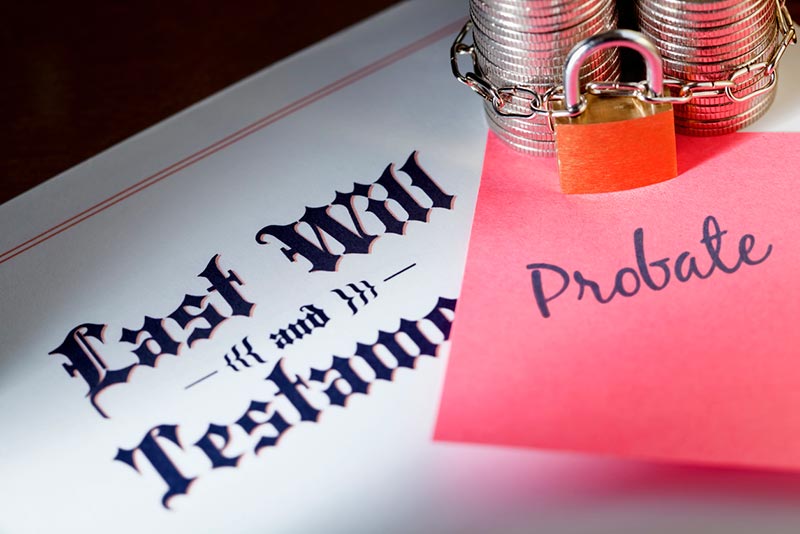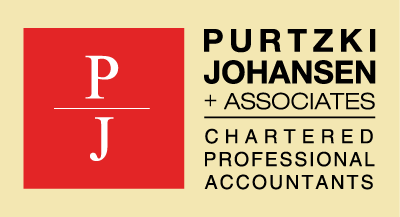
When is probate necessary?
Probate is required when assets are held on an individual’s death that pass through a person’s Will to the surviving beneficiaries.
Probate is a court proceeding that confirms that:
- The Will is not being contested;
- There is no other Will;
- The court recognizes the authority of the executor to act.
What are the probate fees in B.C.?
The probate fees are as follows:
- A $200 filing fee for estate values of $25,000 or higher
- 6% probate fee for estate values over $25,000 to $50,000
- 4% probate fee for estate values over $50,000.
Strategies to minimize or eliminate probate fees
- Naming beneficiaries. Appoint beneficiaries for your registered accounts (RRSPs, RRIFs, TFSA’s) as well as pensions and life insurance policies. This will allow your assets to be transferred directly to your beneficiaries without going through the Will and probate.
- Outright gift. Gifting assets during your lifetime will reduce the value of your estate for probate purposes. Beware of capital gains taxes on the gifting of assets with unrealized gains. Income and capital gains from assets gifted to spouses as well as income from assets gifted to minors are attributed back to the original owner of the asset.
- Joint tenancy. Assets held in joint tenancy transfer directly to the surviving owner rather that pass through the Will. Remember that you give up control if the real estate is jointly owned. Care should be had to not inadvertently create future tax consequences, such as losing part of an individuals claim on a principal residence exemption simply to avoid probate fees.
- Multiple Wills. In this scenario, you have two Wills, one for assets which are subject to probate fees, and a second Will for assets which are exempt from probate fees. These exempt assets include shares in private companies, partnership interests, and personally held promissory notes and personal effects. There is a requirement to have separate executors therefore care should be made if a second executor is being paid to administer the assets and whether that cost will outweigh the probate fees otherwise payable.
- Trusts. Assets owned by inter vivos trusts are not part of the estate and are not subject to probate. If you transfer assets to an inter-vivos trust, there is tax payable on the deemed disposition at the fair market value of all the assets transferred to the trust. If you are 65 years or older, you can transfer the assets to an alter ego or joint partner trust held for you and your spouse’s benefit and defer tax until the death of the last surviving spouse. In addition to probate avoidance there are other advantages below which should be weighed against the administrative cost of setting up and maintaining these trusts:
- Privacy as the assets are not part of a public Will
- Less processing time for beneficiaries to receive assets
Not subject to challenges from beneficiaries under the Wills, Estates and Succession Act (“WESA”)



